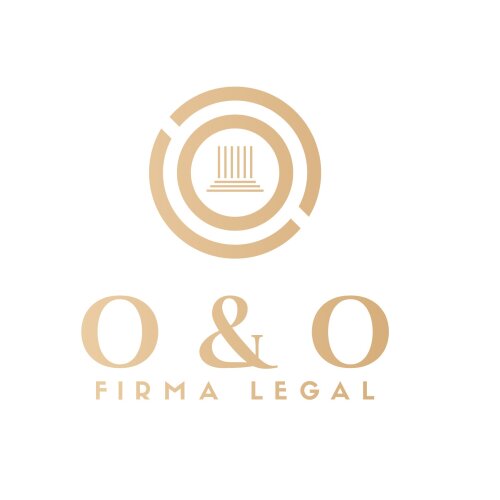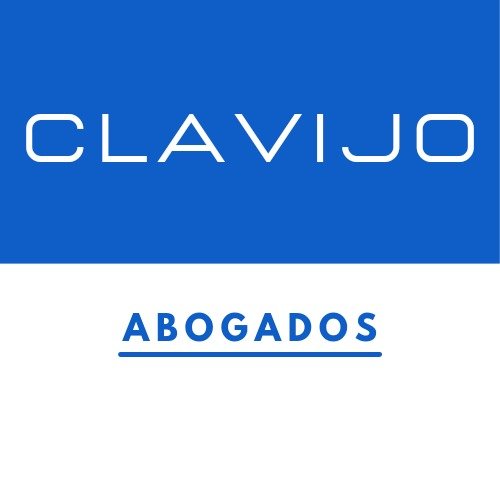Best General Litigation Lawyers in Bolivia
Share your needs with us, get contacted by law firms.
Free. Takes 2 min.
Or refine your search by selecting a city:
List of the best lawyers in Bolivia
About Litigation Law in Bolivia
Litigation in Bolivia involves a formal process where disputing parties resolve civil or commercial legal disputes in a court of law. This field is governed by a comprehensive legal framework designed to facilitate justice and fairness. Bolivian litigation procedures are shaped by civil law principles, emphasizing written documentation and a detailed court-led process. Bolivia has undergone significant legal reforms aimed at enhancing the efficiency and accessibility of its judicial system, thus offering clearer paths to dispute resolution for individuals and businesses alike.
Why You May Need a Lawyer
There are various scenarios in which someone may require legal assistance in litigation matters in Bolivia:
- Contract Disputes: Breaches or disagreements over the terms of contracts often necessitate legal representation to protect one's rights and interests.
- Property Issues: Cases involving disputes over property rights, ownership, or tenancy can be complex and require specialized legal knowledge.
- Family Disputes: Divorce, custody, and inheritance issues are common matters where litigation might be pursued.
- Commercial Disputes: Conflicts between businesses or involving a business can range from partnership issues to claims for damages.
- Labor Disputes: Employment-related issues such as unfair dismissal or disputes over labor rights often require intervention from a lawyer.
Local Laws Overview
Bolivian litigation is guided by distinct areas within its legal system. The key aspects include:
- Codigo Civil (Civil Code): Governs personal rights, property law, contract law, and torts.
- Codigo de Procedimiento Civil (Civil Procedure Code): Lays out the formal process for civil litigation, highlighting the roles of plaintiff and defendant and the structure of the proceedings.
- Labor Law: Stipulates the laws protecting workers and outlines procedures for resolving workplace disputes.
- Commercial Code: Deals with business and trade disputes and provides guidance on resolving commercial issues.
Frequently Asked Questions
What is the first step in filing a lawsuit in Bolivia?
The initial step is to file a complaint (demanda) with the appropriate court that has jurisdiction over the subject matter and the parties involved.
How long does litigation typically take in Bolivia?
Litigation can vary significantly in duration depending on the complexity of the case, but it typically ranges from several months to a few years.
Do I need a lawyer to initiate litigation?
While not mandatory, it is highly advisable to hire a lawyer to navigate the complex legal procedures effectively.
Are there alternative dispute resolution options in Bolivia?
Yes, mediation and arbitration are available and can sometimes offer quicker, less formal resolution processes.
Can foreign nationals engage in litigation in Bolivia?
Yes, foreign nationals have the right to participate in litigation in Bolivia, typically requiring legal representation well-versed in local laws.
Who pays the litigation costs in Bolivia?
Generally, the losing party may be ordered by the court to pay the legal costs, but this depends on the specific circumstances of each case.
Is there a statute of limitations for bringing a lawsuit?
Yes, different types of claims have various limitation periods, usually ranging from one to ten years.
Can litigation be appealed in Bolivia?
Parties have the right to appeal a court's decision, and doing so is subject to specific procedural rules and timelines.
What language is used in court proceedings?
Spanish is the official language used in legal proceedings in Bolivia. Interpretation services are available if needed.
Can a judgment from a Bolivian court be enforced abroad?
The enforceability of a Bolivian judgment abroad depends on treaties and agreements with other countries regarding the recognition of foreign judgments.
Additional Resources
For further assistance and resources, consider reaching out to the following:
- Ministerio de Justicia y Transparencia Institucional: The Ministry of Justice offers updated information about the legal system and justice reforms.
- Camara Nacional de Comercio: Helps with commercial disputes and provides resources for businesses involved in litigation.
- Defensoría del Pueblo: Provides support and advocacy for public rights and access to legal aid.
- Colegio de Abogados de Bolivia: The national bar association, which can help find licensed lawyers specializing in litigation.
Next Steps
For those seeking legal assistance in litigation:
- Identify the Right Lawyer: Engage with a lawyer who specializes in the area of law relevant to your dispute.
- Collect Documentation: Gather all relevant documents and evidence to support your case.
- Consultation: Arrange an initial consultation to discuss the merits of your case and potential legal strategies.
- Understand the Costs: Ask about legal fees and payment options upfront to plan your finances accordingly.
- Stay Informed: Stay updated on the progress and developments in your case by maintaining regular communication with your lawyer.
Lawzana helps you find the best lawyers and law firms in Bolivia through a curated and pre-screened list of qualified legal professionals. Our platform offers rankings and detailed profiles of attorneys and law firms, allowing you to compare based on practice areas, including General Litigation, experience, and client feedback.
Each profile includes a description of the firm's areas of practice, client reviews, team members and partners, year of establishment, spoken languages, office locations, contact information, social media presence, and any published articles or resources. Most firms on our platform speak English and are experienced in both local and international legal matters.
Get a quote from top-rated law firms in Bolivia — quickly, securely, and without unnecessary hassle.
Disclaimer:
The information provided on this page is for general informational purposes only and does not constitute legal advice. While we strive to ensure the accuracy and relevance of the content, legal information may change over time, and interpretations of the law can vary. You should always consult with a qualified legal professional for advice specific to your situation.
We disclaim all liability for actions taken or not taken based on the content of this page. If you believe any information is incorrect or outdated, please contact us, and we will review and update it where appropriate.
Browse general litigation law firms by city in Bolivia
Refine your search by selecting a city.














